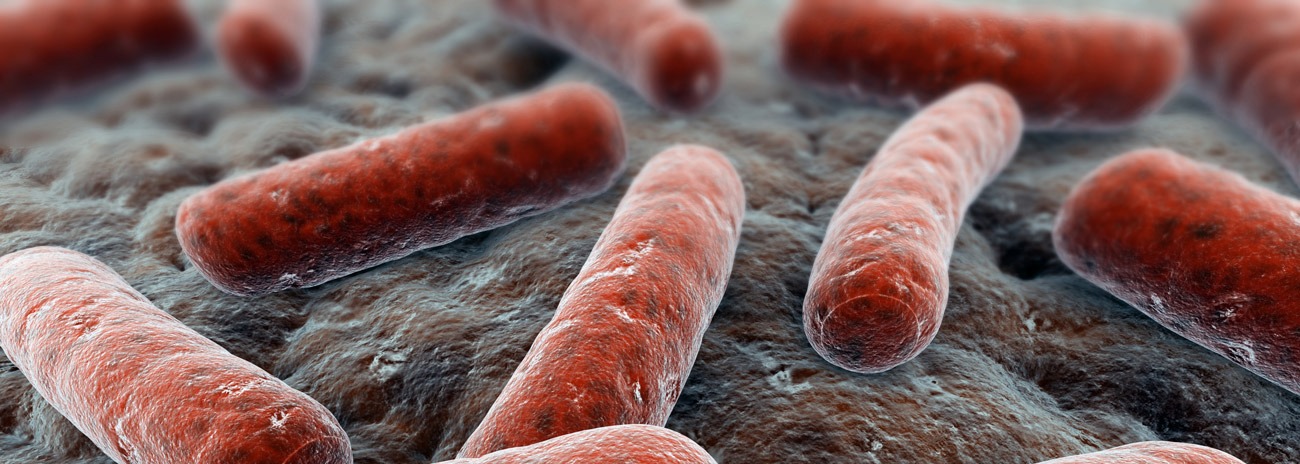SARS – FAQ
Q: What is Severe Acute Respiratory Syndrome (SARS)?
A: SARS is the term being used to describe a serious respiratory illness which has recently been reported in parts of East and South East Asia and which is now being reported from other countries in the world.
Q: What are the symptoms?
A: The main symptoms of SARS are high fever (> 38° Celsius), dry cough, shortness of breath or breathing difficulties. Changes in chest X-rays indicative of pneumonia also occur. SARS may be associated with other symptoms, including a headache, muscular stiffness, loss of appetite, malaise, confusion, rash and diarrhoea.
Q: How contagious is it?
A: Based on currently available evidence, close contact with an infected person poses the highest risk of the infective agent spreading from one person to another. To date, the majority of cases have occurred in hospital workers who have cared for SARS patients and close family members and other close contacts of these patients. However, the amount of the infective agent needed to cause an infection has not yet been determined.
Q: What is the treatment?
A: Antibiotics and antiviral drugs are being used to treat the illness, but there is no specific treatment at this time.
Q: How fast does SARS spread?
A: SARS appears to be less infectious than influenza. The incubation period is believed to be short, around 3-6 days. However, the speed of international travel creates a risk that cases can rapidly spread around the world.
Q: What can I do to protect myself?
A: Apart from Toronto, Canada, only a few cases have been identified outside of South East Asia and these cases were in people who had travelled from there or were in close contact with a case of SARS. The best advice is to be aware of the symptoms of this illness, particularly if you have recently travelled to Hong Kong, Guangdong, Beijing and Shanxi in China, Singapore, Vietnam, Taiwan and other parts of South East Asia, or Toronto, Canada and seek medical advice should you develop them within 10 days of your return.
Q: Is there a vaccine?
A: No, a vaccine is not available as this is a new disease and the agent thought to be causing it has only very recently been identified.
Q: When will this disease be identified?
A: An international multi-centre research project to expedite identification of the causative agent was established on Monday 17 March. Eleven top labs in ten countries have been consulting regularly and working together to identify the causative agent. A new corona virus has been found associated with cases. This has allowed development of diagnostic tests which are now being evaluated.
Q: Where and when was the first case of SARS reported?
A: On 26 February, a man was admitted to hospital in Hanoi with high fever, dry cough, myalgia (muscle soreness) and mild sore throat. Over the next four days, he developed increasing breathing difficulties, severe thrombocytopenia (low platelet count) and signs of adult respiratory distress syndrome requiring ventilator support. However, in retrospect, it has now emerged that an outbreak of a similar illness in Guangdong Province in Southern China which started in November 2002 was the start of SARS.
Q: How many cases have been reported to date?
A: For the latest number of reported cases worldwide, please refer to the WHO website at www.who.int/en/. For the latest number of cases reported in the UK, please refer to the Health Protection Agency website at www.phls.co.uk/topics_az/sars/menu.htm
Q: Is the outbreak in Guangdong Province, China linked?
A: It is now accepted that the outbreak of atypical (unusual) pneumonia that began in Guangdong province in November 2002 is due to SARS.
Q: Could this result from bioterrorism?
A: There is no indication that SARS is linked to bioterrorism.
Q: What should I do if I am planning to travel to Hong Kong, mainland China, Singapore, Thailand or other areas in South East Asia?
A: Travellers to South East Asia need to be aware of these outbreaks and take them into account in their travel plans. The latest information and advice is available on the FCO website at www.fco.gov.uk. As the situation changes, other countries may be affected by SARS and other travellers should also keep themselves informed.
Q: What should I do if I have recently returned from South East Asia (or other SARS affected area) and feel unwell?
A: If you have recently returned from South East Asia or other SARS affected area and suffer from any of the following symptoms: sudden onset of fever (> 38° Celsius), together with respiratory symptoms such as a cough, sore throat, shortness of breath or difficulty breathing within 10 days of return, please contact your GP surgery or phone NHS Direct on 0845 4647.
Q: I’ve heard there are more suspected cases of SARS in England than are reported – can you confirm this?
A: There have been suspected cases of SARS in England in addition to the ‘probable’ cases reported officially. We are only reporting cases that are probable and therefore fit the case definition issued by the WHO. At this time of year in south-east Asia influenza activity is high and we would therefore expect a number of travellers to this area to be returning with flu-like symptoms, which are unrelated to the current outbreaks of SARS. However, each suspected case is evaluated carefully.
Q: What is a corona virus?
A: Corona viruses are a large family of viruses that cause respiratory infections. They are the second most common cause of the common cold, after another family of viruses called rhinoviruses. The virus that has been found associated with SARS cases is a new type of corona virus not seen before.
Q: Why is the new virus being called ‘SARS associated’ corona virus?
A: Because this virus has been identified in patients with SARS, but we still cannot be categorically sure that on its own it is the cause of SARS, it is being referred to as ‘SARS associated corona virus’.
Q: Now there is a diagnostic test, surely we can be sure whether someone has SARS or not?
A: It is still early days in the development and assessment of diagnostic tests. If the new test is positive, it is helpful; if it is negative the patient could still have SARS.
Note: this information may be subject to frequent change and you should refer to the Department of Health web site https://www.doh.gov.uk for the latest information.
Reproduced from the Department of Health web site https://www.doh.gov.uk
Crown copyright material is reproduced with the permission of the Controller of HMSO and the Queens Printer for Scotland.






